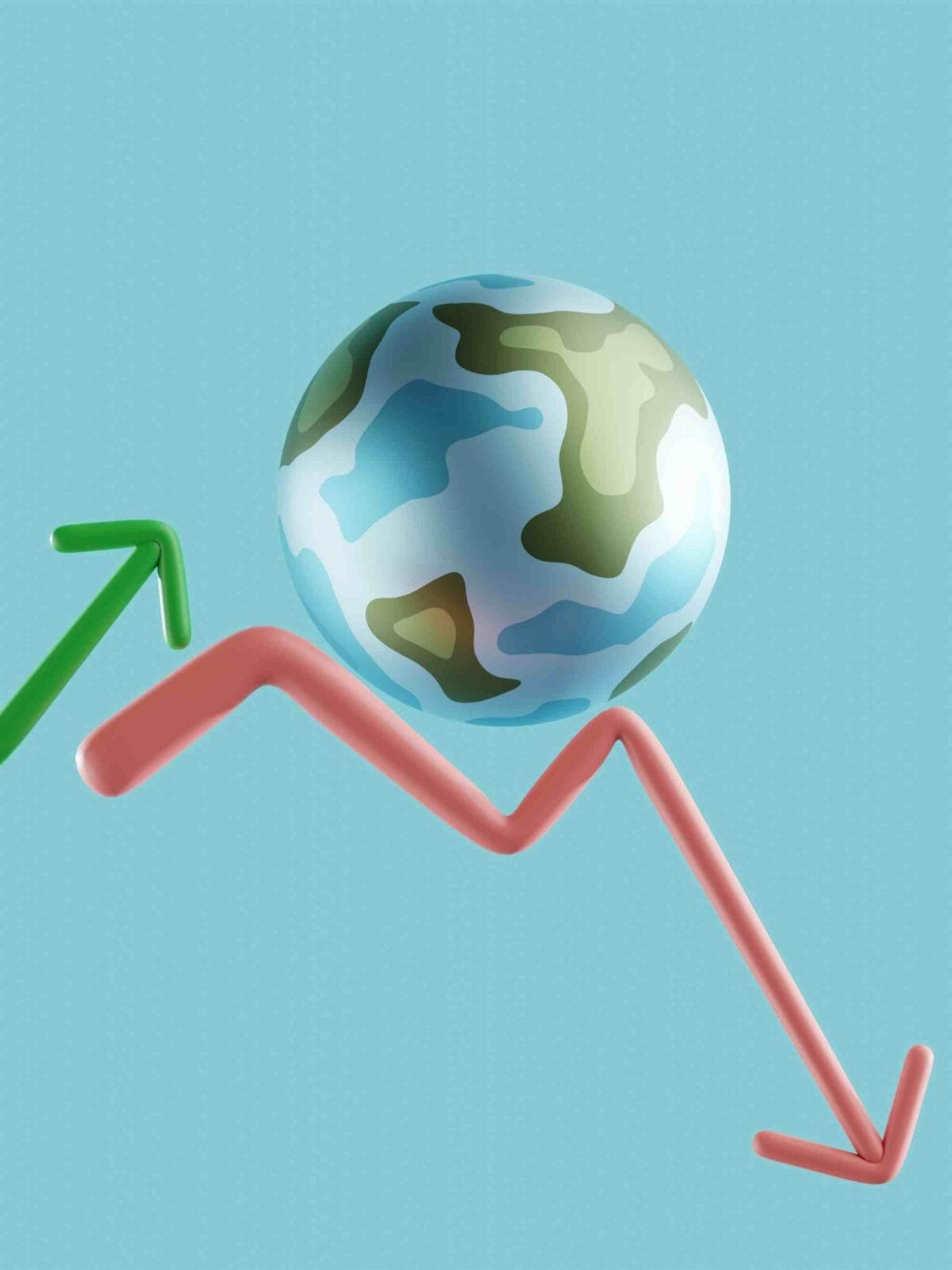The European Union’s sovereign debt deal has led to a rally in risky assets. The Hang Seng Index in Hong Kong is up more than 11% for the week, and European markets have on average recovered by more than 5%. Government bond yields have also been lifted across the board. Gold has climbed above USD1730/oz, and other commodities also experienced a rather strong upswing. The euro has recovered against the US dollar and is currently trading above 1.40.
EU leaders announced plans to leverage the European Financial Stability Facility (EFSF) by 4-5x, recapitalise banks and perform a 50% haircut on Greek bonds. The decisions were the result of an 11-hour summit of eurozone leaders on Thursday. Private investors will take a voluntary 50% cut on their Greek bonds’ face value in an effort to reduce Greek debt levels to 120% by 2020. Specific terms and conditions have yet to be finalised. The rescue plan includes a new bail-out commitment for Greece from the European Union and International Monetary Fund amounting to EUR130 billion. To safeguard the banking system, European banks will have to increase their capital until June next year. They will temporarily need EUR106 billion. This recapitalisation will require a 9% capital increase after revaluing sovereign debt at market rates as of 30.09.2011 and be supervised by the European Banking Authority. Furthermore, the EFSF will be levered up to deliver insurance for distressed sovereigns in the eurozone.
Finally the international pressure to provide a viable plan to fight the European debt crisis has led to a decisive step by European leaders. Politicians have proven their willingness to act and take tough decisions. Important measures have been agreed on, but now the spotlight is on their timely implementation. In the short term, the recapitalisation efforts will lead to even greater stress in the European banking sector. German chancellor Angela Merkel acknowledged in an interview that further measures are needed to address Europe’s structural problem of a lack of economic growth. The second issue to tackle is the mutualisation of debt, which has not really been addressed until now. The problem is that the current relief of pressure on EU politicians may also remove some of the urgency to initiate the necessary next steps.
In the euro area the purchasing managers’ composite index dropped to 47.2 in October from 49.1 in September, missing economists’ expectations. It now is at the lowest level since July 2009. Further, Italian consumer confidence reached a three-year low in October. The sentiment index disappointed expectations of 97.6, coming in at merely 92.9.
The austerity measures and the European debt crisis have increased concerns of a recession and slower growth. Despite the measures announced by EU leaders, the structural growth problem is increasingly tangible in the data releases, especially for the peripheral countries. This problem must be addressed soon; else the announced plan may not succeed.
US durable goods orders fell by 0.8% in September. Yet excluding transportation the reported figures showed the biggest rise in the last six months. Demand for goods excluding airplanes and automobiles increased by 1.7%.
Hard US data are proving to be surprisingly resilient in the face of deteriorating sentiment indicators, suggesting that business investment remains robust.
The US economy expanded at the fastest pace in a year. Reported GDP growth of 2.5% p.a. met market expectations and is substantially higher compared with the 1.3% rate reported in the second quarter. The sharp improvement is primarily due to positive contributions from the areas of personal consumption expenditures and non-residential fixed investments.
US economic data continue to surprise on the upside. Yet we should keep in mind that expectations are extremely low. Nevertheless, the data confirm an improving economy heavily reliant on the consumer.
The New York Conference Board’s household sentiment index dropped to 39.8 in October from a revised 46.4 in September. The reading is below the worst forecast in a Bloomberg survey. The index has now reached its lowest level since March 2009.
The drop in consumer confidence is troubling. Unless it proves temporary, the outlook for consumption growth appears bleak. Should the lower consumer confidence translate into lower household spending, this would reduce next quarter’s GDP growth, as household spending accounts for 70% of the economy.
Important legal information
The information in this document constitutes neither an offer nor investment advice. It is given for information purposes only. Opinions and assessments contained in this document may change and reflect the point of view of Swiss & Global Asset Management in the current economic environment. No liability is assumed for the accuracy and completeness of the information. Past performance is no indicator for the current or future development. The contents of this document or parts of it can only be used or quoted with the indication of the source. Swiss & Global Asset Management is not a member of the Julius Baer Group.
Copyright © 2011 Swiss & Global Asset Management Ltd. – all rights reserved








![[UNS] tax](https://ifamagazine.com/wp-content/uploads/wordpress-popular-posts/788955-featured-300x200.webp)






